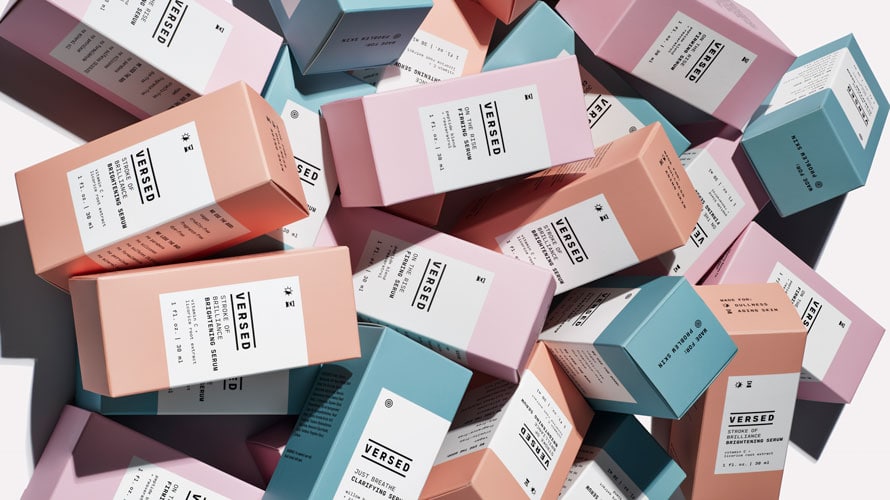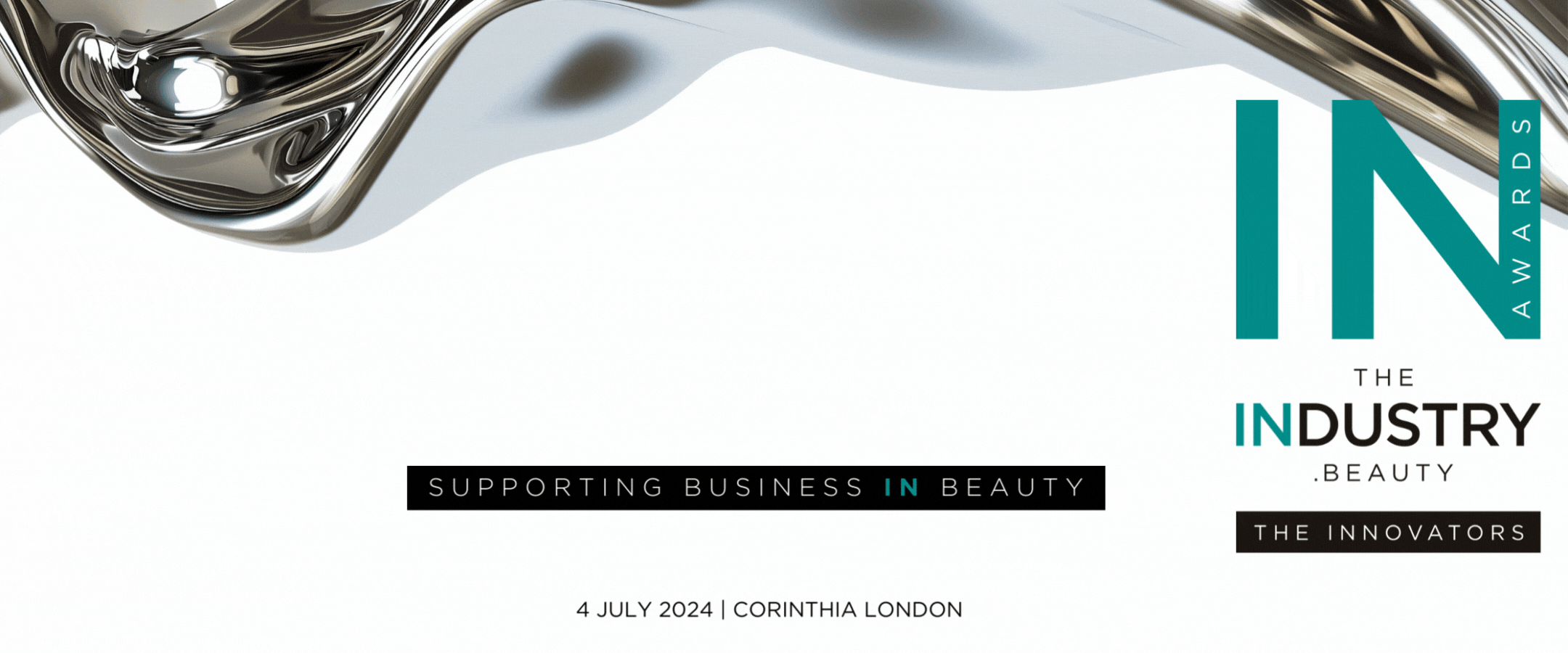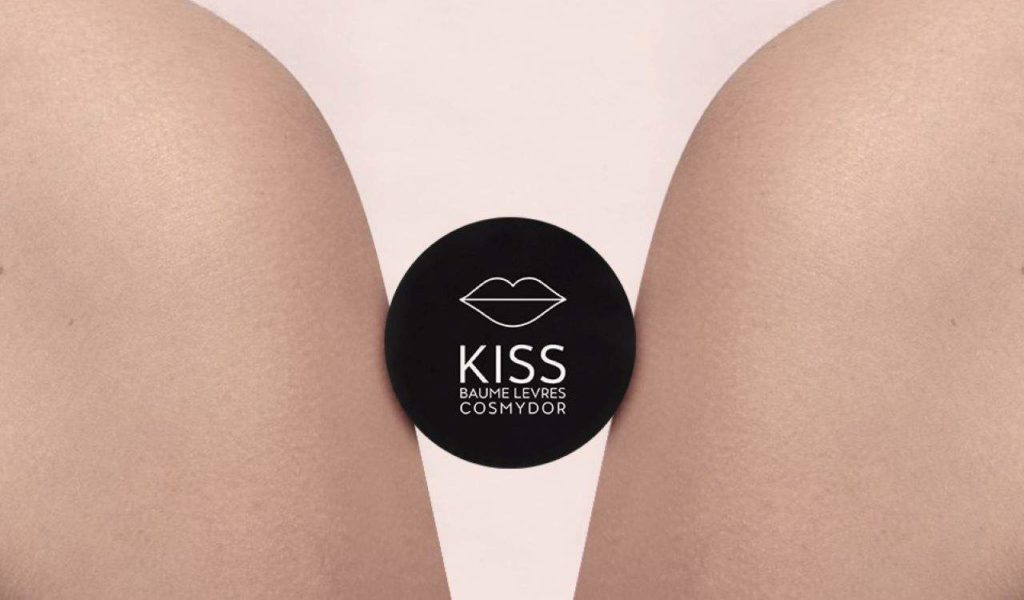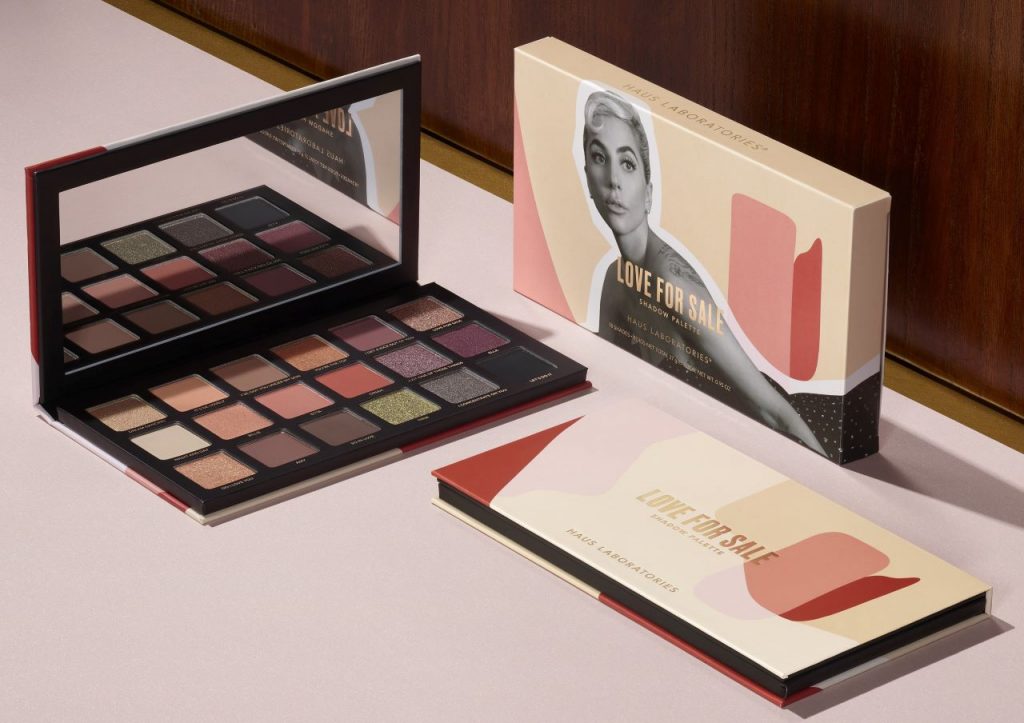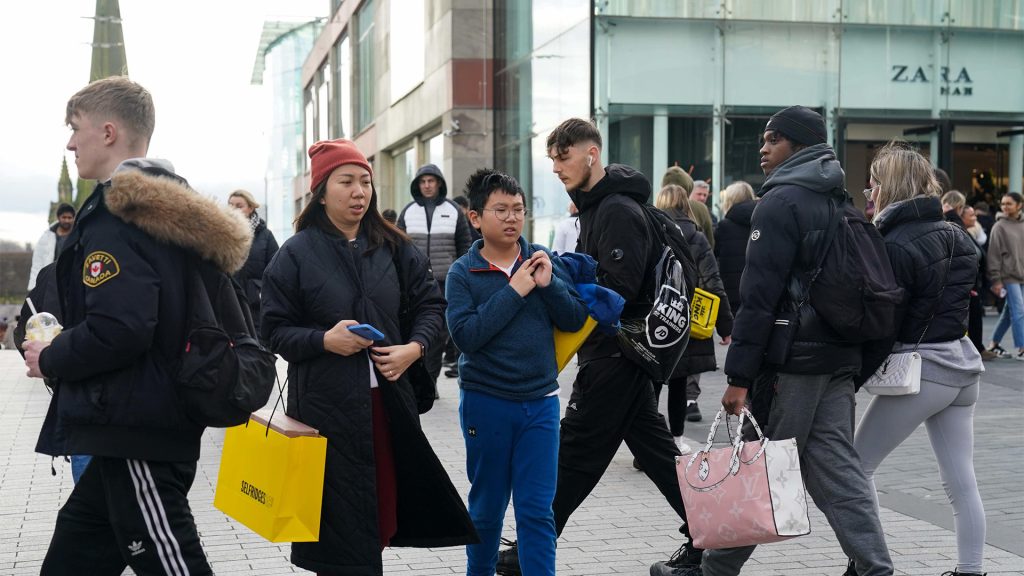Seven Sustainable Beauty Innovators You Need To Know
The beauty industry in recent years has been questioned for its impact on the environment. From unnecessary plastic packaging to impacts on deforestation and harmful chemicals within product formulas, the beauty industry has come under fire for using materials which are negatively affecting the environment.
Packaging is perhaps the most obvious of our sustainability endeavours and has gained a great deal of attention in the media in the last 12 months, simply as it is the first bit of a product that you see. According to the UK-based campaign, Zero Waste Week, 120 billion plus units of packaging is produced every year by the global cosmetics industry, which is the outcome of complex lids, multi-layered boxes and cellophane, which is often superfluous, non-recyclable and ends up in our landfills and oceans.
As the beauty industry becomes increasingly held accountable for its excessive use of plastic packaging, combined with a wave of conscious consumerism, there has been an increasing rise in beauty brands attempting to leave a positive impact on the planet.
TheIndustry.fashion’s The Beauty Edit has rounded up seven sustainable beauty innovators that are spearheading the sustainable push within the industry.

Loop
Zero waste shopping platform, Loop allows shoppers to ‘responsibly’ consume products in refillable packaging which is collected, cleaned, and reused. Loop provide customers with a 100% refundable deposit to borrow the packaging, allowing the company to professionally clean and reuse packaging once the product is finished.
The business officially launched its UK pilot e-commerce program in July, with Tesco as its UK retail partner. Through Loop, customers can order a variety of products, including shampoo, soaps, moisturiser, toothpaste, and creams, all in durable and refillable packaging.
Tom Szaky, Founder and CEO of Loop and TerraCycle, said: “Loop was designed from the ground-up to reinvent the way we consume by learning from historic circular and sustainable models like the milkman from yesteryear, while honouring the convenience afforded by our single use consumption of today.
“Tesco is the perfect partner to bring Loop to retail in the UK due to its commitment to sustainability, in combating plastics waste, and its operational scale as the UK’s biggest grocery retailer.”
Announced at the World Economic Forum’s annual meeting in Davos in January 2019, Loop arose from a partnership between consumer product companies and international recycling firm TerraCycle.
All products are received in Loop’s reusable shopping tote bag, in which customers can place their empty containers, and return their packaging through a wide range of options.
Options include scheduling a pick-up from home or dropping off the tote and empty packaging at one of 2,500 DPD collection points across the UK.
Loop professionally cleans the packaging and tote bags in accordance with strict health and safety standards so that products are safe to be refilled by the manufacturer.
The UK is the third market after Paris and New York to launch Loop, the company says, with further expansion into Canada, Japan and Australia scheduled for late 2020 and early 2021.

Versed
Who What Wear’s sister brand and skincare brand Versed has incorporated sustainability into all aspects of its business model. Recognised for being affordable and clean, Versed products are all vegan, cruelty-free and free from added colours, fragrances and nasties (like sulphates, parabens, silicons).
The brand, most importantly, focuses on ethical practices to reduce plastic waste and cut carbon emissions, through encouraging the reuse of packaging, with the outcome of being carbon neutral, protecting ecosystems, as well as preserving forests and wildlife.
92% of Versed packaging is recyclable through curb-side programs, which can divert 22 tons of plastic from landfills when recycled properly. In addition, the brand uses PCR (post-consumer recycled) materials for its products to save around 9,040 pounds of virgin plastic.
Versed also use delivery services which reduce carbon emissions through using fuel-efficient transportation and cut 317,372 pounds of CO2 this year by reducing the carbon footprint of its shipping and freight by 73%.
The brand is planning to go 100% carbon neutral by 2021, through energy conserving measures, prioritisation of domestic production, and carbon offsetting.
Versed also implement schemes to preserve ecosystems by using 100% vegan ingredients to conserve the world's wildlife and reduce water usage.
Preserving forest life is also a central focus as 100% of Versed paper packaging will soon be FSC-certified (Forest Stewardship Council), which ensures responsible sourcing.
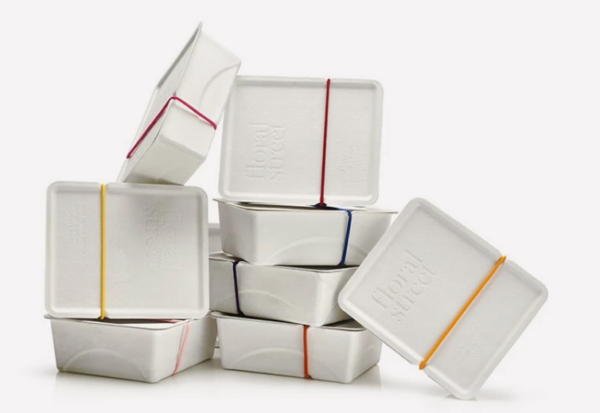
Floral Street Recyclable and Bio-degradable Carton
Floral Street
Luxury Fragrance pioneer, Floral Street has become rapidly recognised in the perfume industry for its innovative fragrance packaging.
Michelle Feeny, founder of Floral Street, has been leading the sustainable push after spending 30 years in the beauty industry. She is the leading figure who helped make MAC a behemoth makeup brand, leading the legendary MAC AIDS Fund and Viva Glam initiatives, and putting her stamp on brands like Prescriptives, La Mer and St. Tropez.
More than 120 billion units of packaging are reportedly produced every year by the global cosmetics industry. The average fragrance is packaged using complex lids, multi-layered boxes and encased in cello wrap, and the majority of this packaging is not recyclable and ends up in landfills.
In light of this, Floral Street uses outer cardboard packaging which is sustainably sourced and recyclable and is spearheading the sustainable push with its eco hero, and ground breaking wood pulp fragrance carton. The brand has traded traditional plastic packaging and foam inserts for a compostable carton to encase its perfumes.
The cartons are reusable and can also grow seeds inside them—and are compostable so they leave no trace on the environment if they end up in landfill.
The wood fibres in Floral Street’s ‘first for the fragrance industry’ compostable fragrance carton come from trees which are fully certified by the FSC (Forest Stewardship Council) who promote responsible management of the world’s forests.
Additionally, the energy used to make the carton is significantly less than that of other packaging materials, going from wet pulp to finished box in less than a minute.
The fragrance brands also use vegetable and soy-based inks, and its printing plates are laser-etched which uses no chemicals and are later recycled.
Floral streets bath and body collections are housed in sleek tubes made from sugar cane bioplastic which is recyclable and sustainably sourced.
The luxury fragrance brand has managed to incorporate sustainability into is entire business spectrum, from its production to packaging and has gained recognition for its packaging and fragrances within the industry, leading it to expand globally.
The brand was focusing on its growth in the US market after it launched into Sephora in the USA and Canada in September 2019.

BYBI
BYBI
British Indie skincare brand BYBI has been on a mission to mainstream sustainable beauty from the outset of its launch and kick-started through its packaging.
Established in 2017, BYBI was founded with the aim to fill a gap in the market, according to founders Elsie Rutterford and Dominika Minarovic – the two female entrepreneurs behind the Clean Beauty Blog and book.
With an international presence as well being available in Sephora, BYBI has rapidly gained recognition for its sustainable outlook and efforts within the industry and both founders presented their goals to the industry at Packaging Innovations in 2019.
The independent skincare brand uses glass where possible as an alternative to traditional plastic packaging. BYBI uses glass which is considered infinitely more sustainable as it is derived from natural raw materials which is in abundance, such as sand.
Unlike plastic, glass does not lose integrity as it’s recycled, meaning it could be recycled into the same bottle or jar, over and over again. Also unlike plastic, there are no issues around micro-plastics or toxicity within oceans or wider environment.
BYBI also print directly onto its glass products rather than using adhesive labels, making it easier for users to recycle as you don’t have to remember to remove the label which is usually coated in plastic and not recyclable.
Where glass cannot be used, the brand uses bioplastic material derived from sugarcane, which is believed to be a more sustainable alternative to standard PET. The supplier transforms sugarcane into ethanol, which is then used in place of petroleum to create the plastic material.
Sugarcane is a renewable resource that is grown in abundance. The growing of the sugarcane absorbs CO2, making this a carbon neutral produced material.
The sugarcane has the same properties, performance, and application versatility of polyethylene from fossil origin - which means it also can be recycled within the same chain of recycling traditional polyethylene.
In addition, BYBI uses new and innovative material, Grasspaper for all its ecomms packaging. Grasspaper is significantly more sustainable than the traditional wood pulp as its production uses up to 80% less energy than that of wood pulp. As well as this, Grasspaper creates lower energy emissions and saves up to 4,800 tons of CO2 emissions. Grasspaper uses just 1 litre of water per ton vs 3,000 litres per ton of wood pulp that's used for paper.
Lastly, the indie brand has a circular recycling scheme for it Boosters, where it takes back empty bottles to reuse. Customer who order a Booster will receive this with a returns label.
Once finished with the product, customers have the option to return the empty bottle back into its Grasspaper box and return it to the brand where it can be sterilised for them before they then begin life again as another Booster.
The bottles are not only 100% recyclable but also negate the production of any virgin materials at all.
BYBI is currently trailing Boosters with the view to eventually roll this out across its entire range.
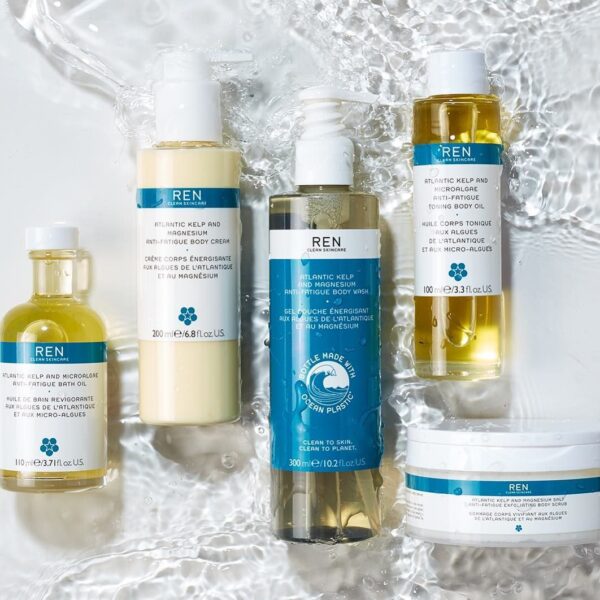
REN
REN
Sustainable trailblazer Ren Clean Skincare aims at reducing marine waste through using reclaimed ocean plastic wherever possible to keep as much out of the environment and in the recycling loop. The brand has won best packaging for its "ocean plastic bottles”.
Ren has made the switch to biodegradable films on their gift boxes and use recycled zips on their gift bags.
The brand also offer customers the option to buy a new bottled product online and then have the empties collected from your door.
The company then cleans and refills them and delivers them right back to the customer’s door with a brand new product inside and no additional plastic bottle.
REN has also pledged to be totally waste-free by 2021.

Ethique
Ethique
Started in founder Brianne West's kitchen, hair and bodycare brand Ethique is spearheading the movement towards package-free, soap-free, vegan and zero-waste beauty.
Launched into the UK at the start of 2019, Ethique is an entirely plastic-free and water free range. The brand provides alternatives to shampoo, conditioner and body wash by creating these in a concentrated bar form.
Each bar can last customers as long as three average bottles of liquid shampoo.
As well as using compostable packaging, the brand boasts a number of impressive sustainable claims: it's climate-neutral, meaning the carbon emissions caused by the brand have been balanced out by its environmental work elsewhere.
All of the packaging (which is kept to a minimum) is 100% compostable, which means once a customer has used up their bar, it leaves no impact on the planet.
It operates honest trading of its ingredients such as coconut oil, to ensure fair pay for workers, less damaging environmental impact, and safe practices in communities.
According to the brand, it has saved "over 4.2 million plastic bottles from winding up in a landfill to date," with plans to hit 10 million by 2025.
Each year, 20% of Ethique's profits go to charities fighting to protect the planet.
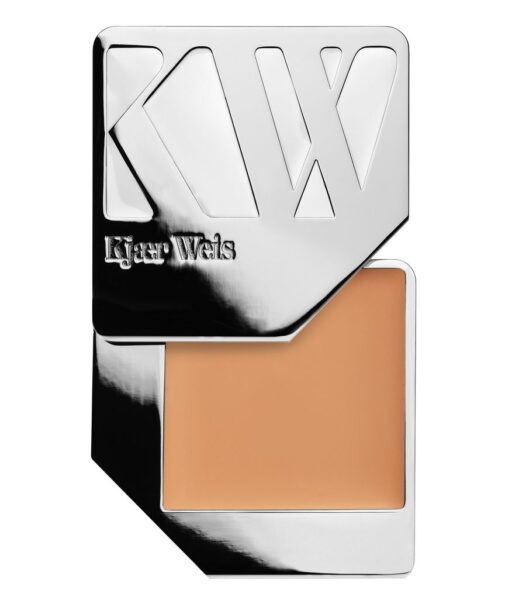
Kjaer Wies
Luxury sustainable makeup brand, Kjaer Weis provides reusable compact packaging that can last a lifetime. Customer can keep metal packaging and replace the products they store inside.
Dubbed the “intelligent refill system”, customers have the option to simply order a refill after they have used up their blushers, mascara, lipstick or highlighter. The refills also come in biodegradable packets.
Created by a professional makeup artist Kjaer Weis, the cosmetic brand also ensures that all their ingredients are certified natural or CCPB certified organic (a minimum of 95 per cent of the ingredients comes from organic farming).

